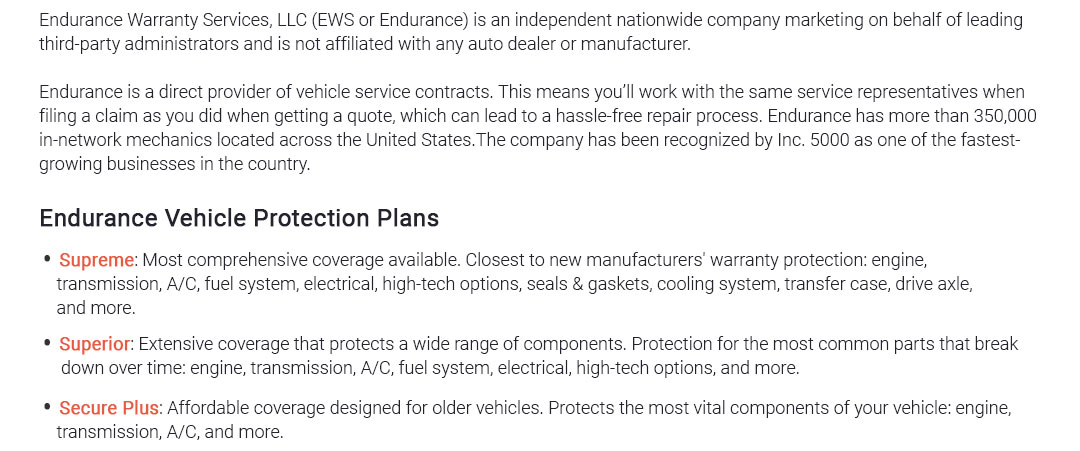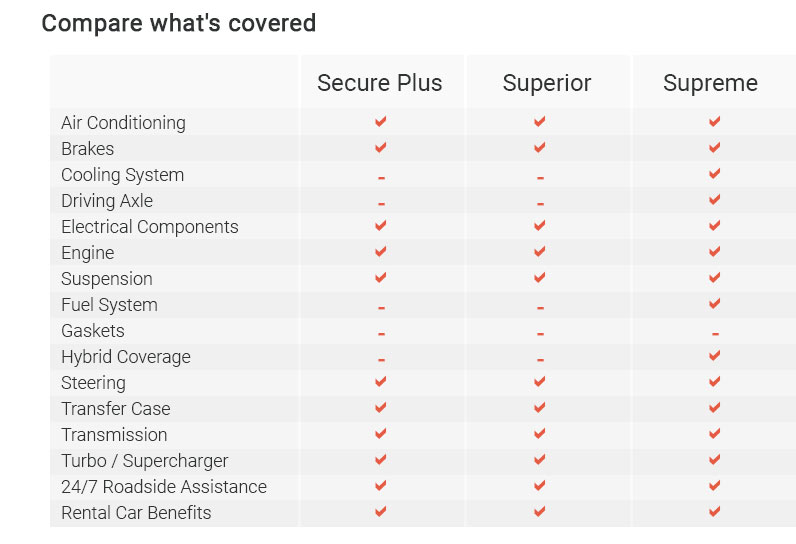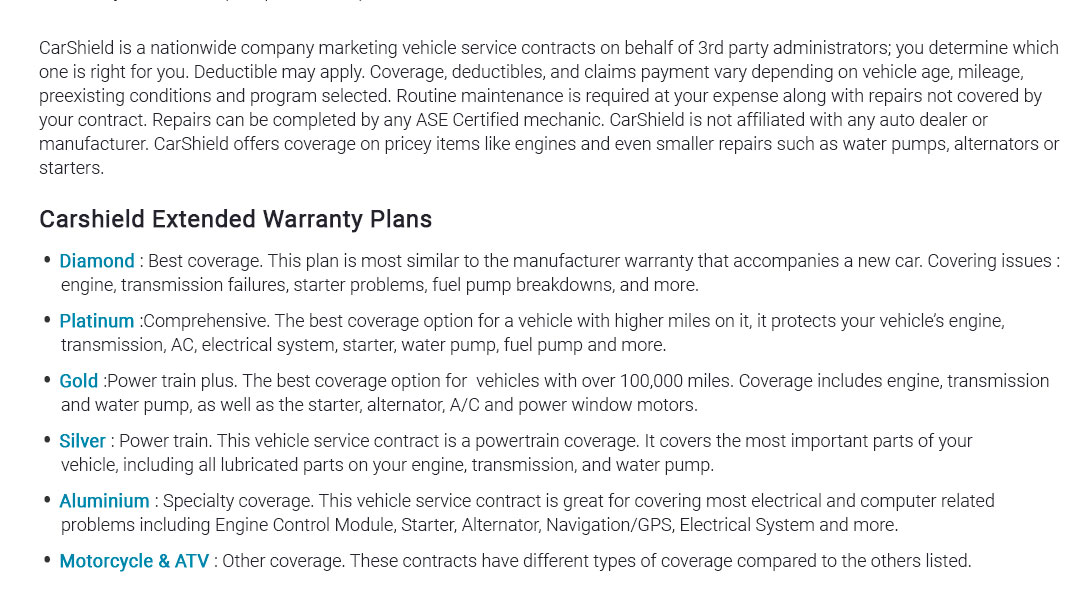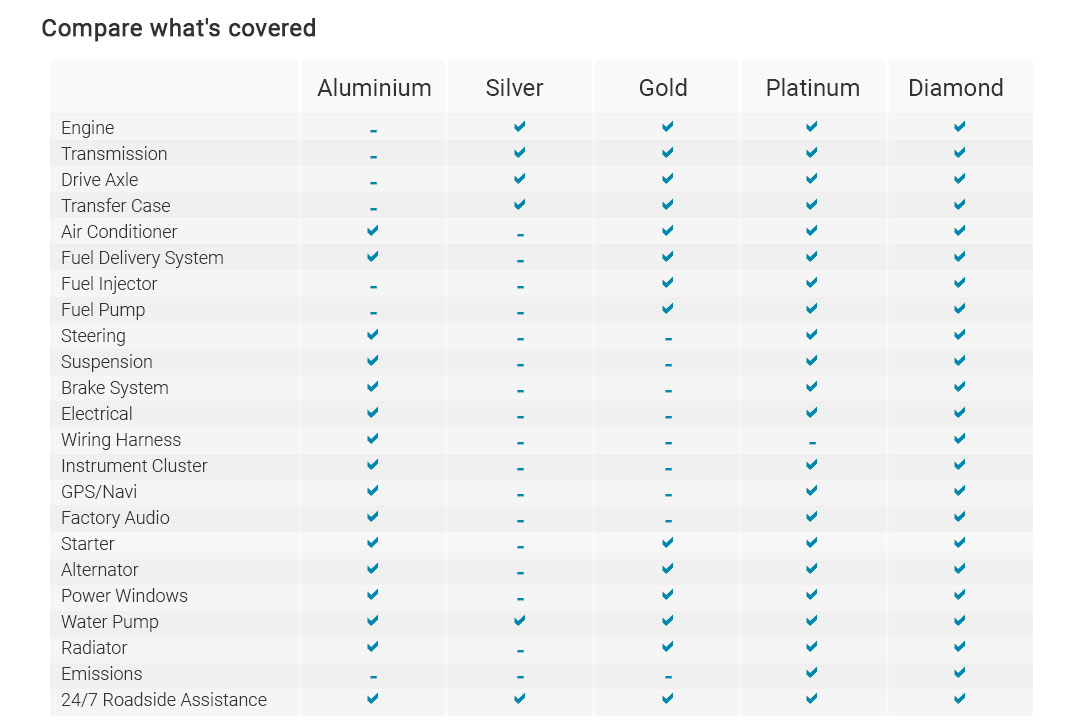 |
 |
 |
 |
 |
 |
 |
 |
 |
 |
|||
 |
 |
|||
 |
 |
|||
 |
 |
|
|||||||
 |
|||||||
 |
|||||||
 |
|||||||
 |
|||||||
|
|||||||
|
||||||
 |
||||||
 |
||||||
 |
||||||
|
 |
 |
 |
 |
 |
 |
 |
|||
 |
 |
|||
 |
 |
Understanding Vehicle Extended Warranties: What to ExpectIn the realm of automotive care and maintenance, vehicle extended warranties have emerged as a topic of considerable interest and debate among car owners. These warranties, often shrouded in a veil of complexity, are designed to provide peace of mind by covering unexpected repair costs once the manufacturer's warranty expires. However, understanding their intricacies can sometimes be as challenging as deciphering an ancient manuscript. First and foremost, it's essential to comprehend what an extended warranty actually entails. Essentially, an extended warranty is a service contract that extends the coverage of certain vehicle components beyond the duration of the original manufacturer's warranty. Typically, these contracts cover major mechanical components such as the engine and transmission, though the extent of coverage can vary significantly from one provider to another. When contemplating the purchase of an extended warranty, it's crucial to scrutinize the fine print and ascertain precisely what is included and, more importantly, what is excluded. From a financial perspective, extended warranties can be seen as both a boon and a bane. On one hand, they offer a safeguard against potentially exorbitant repair costs, which can be particularly appealing for those who own vehicles with a propensity for mechanical issues. On the other hand, the upfront cost of purchasing such a warranty can be quite substantial, leading some to question whether it is a prudent investment. One's decision may ultimately hinge on a variety of factors, including the reliability of the vehicle in question and the owner's personal tolerance for risk. It's also worth noting the plethora of providers in the market, each promising unparalleled protection and service. However, not all extended warranties are created equal, and the reputation of the provider can play a pivotal role in one's overall satisfaction. Engaging in thorough research and seeking testimonials from fellow vehicle owners can prove invaluable in navigating this complex landscape. Additionally, some warranties may offer perks such as roadside assistance and rental car reimbursement, which can enhance their appeal.
In conclusion, vehicle extended warranties can offer substantial peace of mind for some, while for others, they may represent an unnecessary expense. The key lies in conducting meticulous research, understanding one's own driving habits and vehicle condition, and making an informed decision based on individual needs and circumstances. Ultimately, the choice to invest in an extended warranty is a highly personal one, with the potential to either safeguard one's financial well-being or serve as an unwelcome burden. https://carshield.com/auto-warranty/
Car warranty companies make a lot of money from the sale of their extended warranty products. One simple reason for this is that, like any good insurance agent, ... https://www.progressive.com/answers/extended-warranties-for-cars/
Extended car warranties are often not worth it due to their high upfront price and coverage restrictions. https://www.youtube.com/watch?v=TJHjhvBvk8Q
Comments101 ; Should you buy an Extended Warranty for your Toyota? The Car Care Nut - 591K views ; 3 YEARS IN WITH OUR RAV4 PRIME: As a daily ...
|
















